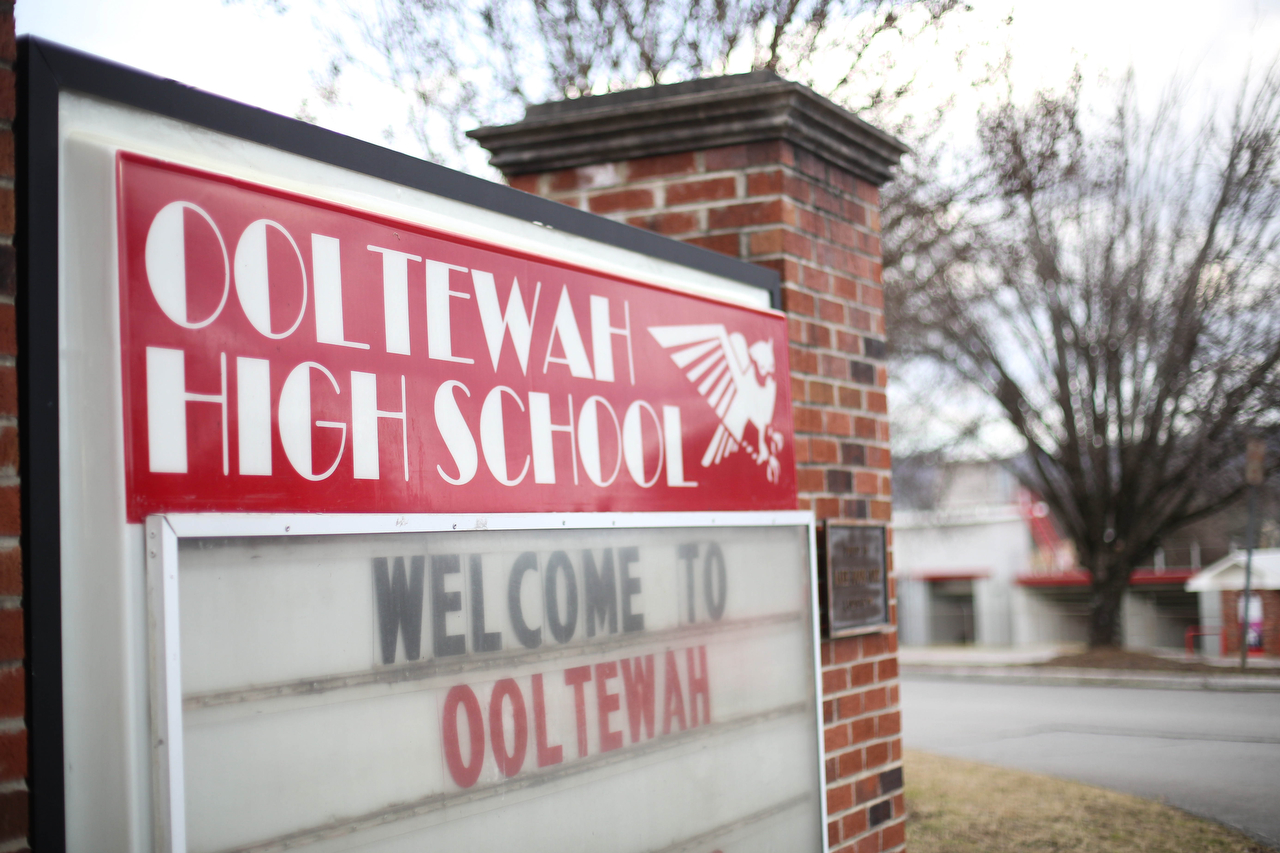Hamilton County lawmakers are rewriting Tennessee's child abuse reporting laws to clarify and strengthen the language in response to the 2015 Ooltewah High School rape case.
In December, Criminal Court Judge Don Poole dismissed charges of failure to report child sexual abuse lodged against Ooltewah head basketball coach Andre "Tank" Montgomery. Poole said that despite a moral obligation to report abuse, his interpretation of the statute imposes a legal obligation to report only for children aged 13 to 17 and when the crimes are committed by household members.
Since the charges involved the victim's teammates, Poole said, Montgomery was not legally obliged to report the abuse.
The muddiness of the statute prompted state Sen. Todd Gardenhire, R-Chattanooga, and state Rep. Mike Carter, R-Ooltewah, to work on draft legislation requiring adults to report all child abuse cases, and clarifying where and how abuse should be reported.
Gardenhire and Carter have met with judges, attorneys, the state attorney general's office and people in the juvenile justice system, among others.
"The consensus of everybody is the statute needs to be totally rewritten, not just tweaked," Gardenhire said.
Carter said three attorneys, two judges and the district attorney could not agree on what the law required in the Ooltewah case.
"When all of them can't agree what a statute means, then it's faulty," said Carter, an attorney and former General Sessions judge in Hamilton County courts. "This is one of the most complicated statutes I've ever read."
Gardenhire plans to introduce a caption bill on the statute before Thursday's legislative filing deadline, and he and Carter expect to submit the final bill later this year.
The Tennessee Commission on Children and Youth's 2016 Second Look Report calls the lack of consequences for failing to report child abuse a statewide issue and recommends more training for professionals, service providers and the community on mandatory child abuse reporting.
The pool-cue rape of an Ooltewah High School freshman occurred at the hands of his older basketball teammates during a team trip to Gatlinburg, Tenn., to compete in a tournament. Montgomery found the 15-year-old bleeding in a basement bedroom but did not alert authorities, according to court testimony.
When he took the boy to a hospital, medical staff reported the assault, according to the Gatlinburg Police Department. The boy required emergency surgery to repair his bladder and colon.
Three former Ooltewah High School players, juveniles at the time of the crime, were convicted in connection with the rape.
District Attorney Neal Pinkston charged Montgomery, along with volunteer assistant basketball coach Karl Williams and former Athletic Director Allard "Jesse" Nayadley, with failure to report child sexual abuse last February. At a preliminary hearing the next month, Juvenile Court Judge Rob Philyaw transferred the cases to Hamilton County Criminal Court.
At the time, Philyaw decried the complexities and ambiguity of the statute and advised lawmakers to revise the law.
Charges against Williams were dropped in May. Two weeks before that, Nayadley accepted pretrial diversion, meaning the case would not go to a grand jury and the charges would be erased after he completed 10 hours of community service and attended a course on reporting abuse.
Philyaw said Friday that Tennessee's two statutes dealing with reporting child abuse and child sexual abuse are inconsistent in requirements and remedies. He hopes the new law will fix those problems.
As the law is being rewritten, Philyaw said he wants professionals involved with children's safety across the state to be involved in the conversation.
"The bottom line is, reporting child abuse is imperative to keeping children safe, and [the law] needs to be clear and it needs to be simple," Philyaw said. "We don't just need a quick fix."
Contact staff writer Kendi A. Rainwater at krainwater@timesfreepress.com or 423-757-6592. Follow on Twitter @kendi_and.


